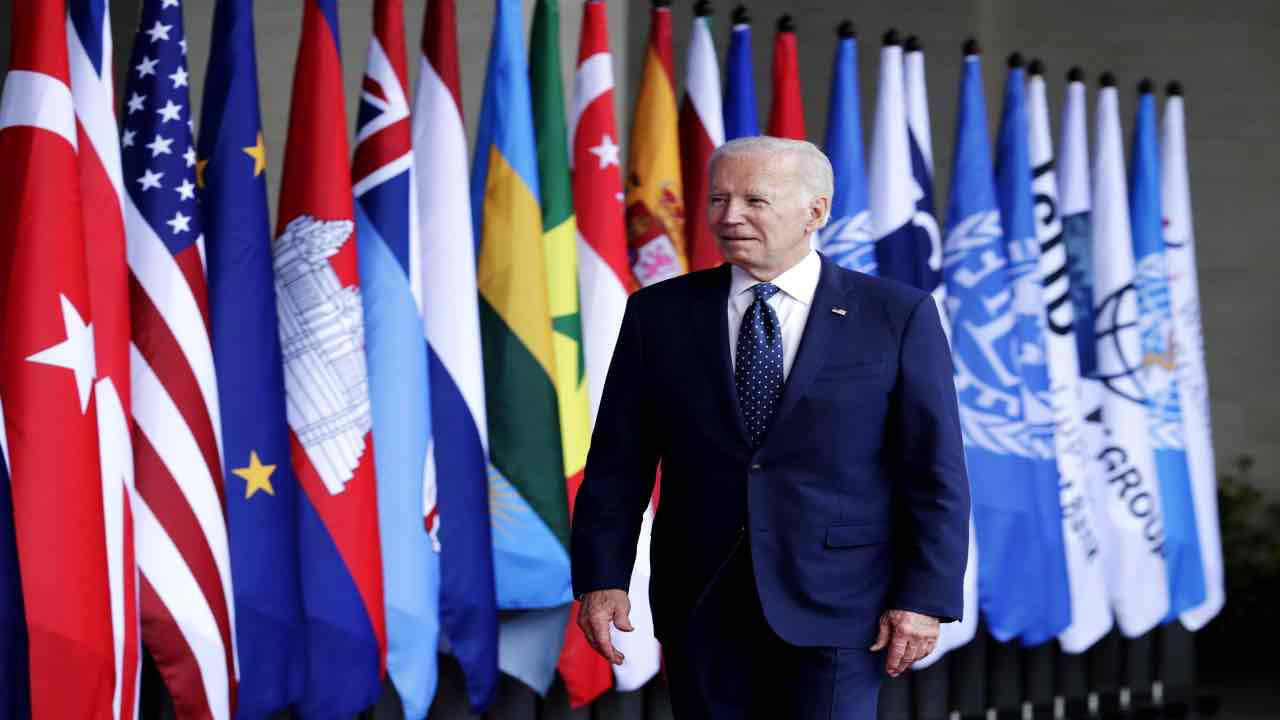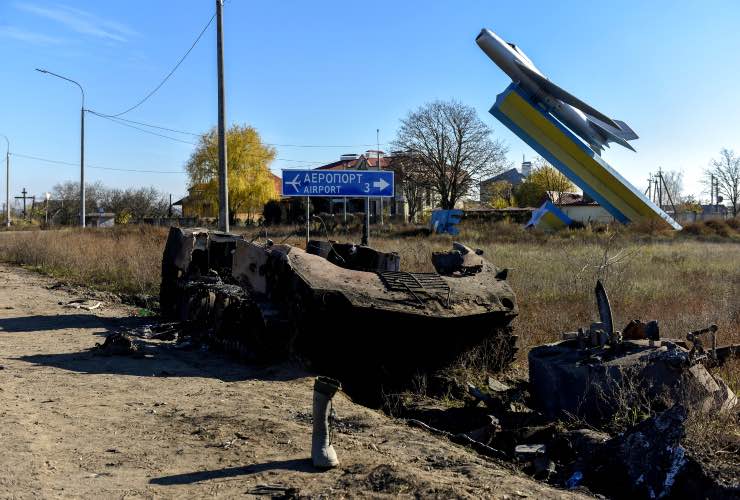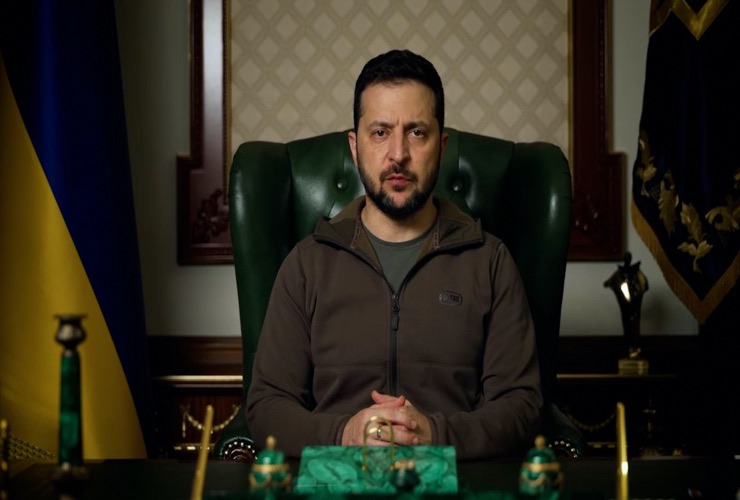After passing the ballot in the midterm elections, where the political earthquake that would return the Republicans to power did not occur, the Biden administration now appears to be gearing up to promote an end to the war in Ukraine.
This is suggested not only by Washington’s reaction to the Russian missile incident in Poland – according to some sources highly regarded by Moscow – and by the latest statements by US Chief of Staff General Mark Milley. Which alludes to Washington’s pressure on the Ukrainian government.
 Joe Biden/ANSA PHOTO/MAST IRHAM
Joe Biden/ANSA PHOTO/MAST IRHAM
“The likelihood of a Ukrainian military victory, including the expulsion of Russians from all of Ukraine, including Crimea, the likelihood of that happening soon is not militarily high.” Those are Milley’s exact words. A veiled “warning” to the Ukrainian government about Washington’s diplomatic intentions?
Auspicious Factors and Signs for the End of the War
An agreement between the parties and greater detente on a global level could perhaps be reached later. Some timid unequivocal signals have already arrived. The meeting, at the G20 in Bali, between Biden and Xi Jin Ping is a first small important signal. Since peace in Ukraine will necessarily go through the intervention of the two world superpowers. The US is the backbone of Ukraine’s defence, but China is Putin’s essential ally. Without its support, or Chinese “silent acquiescence” in fact, Putin has neither the economic nor the political power to worry the West.
 Ukrainian War/ANSA PHOTO/OLEG PETRASYUK
Ukrainian War/ANSA PHOTO/OLEG PETRASYUK
Thus, it is only after a preliminary reconciliation between the United States and China that an agreement will also be possible in the Ukrainian domain. And to this day, the global economic slowdown caused by the war contributes in no small way to the rapprochement between China and the United States. In addition to creating the conditions for a possible ceasefire according to experts, there could also be the winter factor. In the cold season, the general unfavorable climatic conditions on the ground will inevitably lead to a slowdown in the conflict. This leaves more room for dialogue.
Zelensky and American support after the missile “accident”.
The unknown remains of course: how much those directly concerned are ready to cash in. And especially on what basis to build the conditions of surrender. Zelensky has repeatedly reiterated his desire to achieve the maximum possible result in this war, namely the reconquest of all of Ukraine. Including Crimea. But that possibility, even in the face of the words of the US Chief of Staff, is now more than then truly remote. Zelensky’s fiery reaction to the November 15 incident may have upset some balances and prompted others.
 Zelensky/ANSA PHOTO
Zelensky/ANSA PHOTO
Not only have European governments now become more concretely aware of the risk of escalation on a global scale. But the caution of Washington and NATO, diametrically opposed to the position taken by the Ukrainian government, may have created a furrow in which Moscow could now enter the diplomatic field with more propensity. “Washington,” Kremlin spokesman Dmitry Peskov said, “is in a position to exert influence over Kyiv, making it more flexible if it wants to.” Moscow is therefore now awaiting measures from Washington.